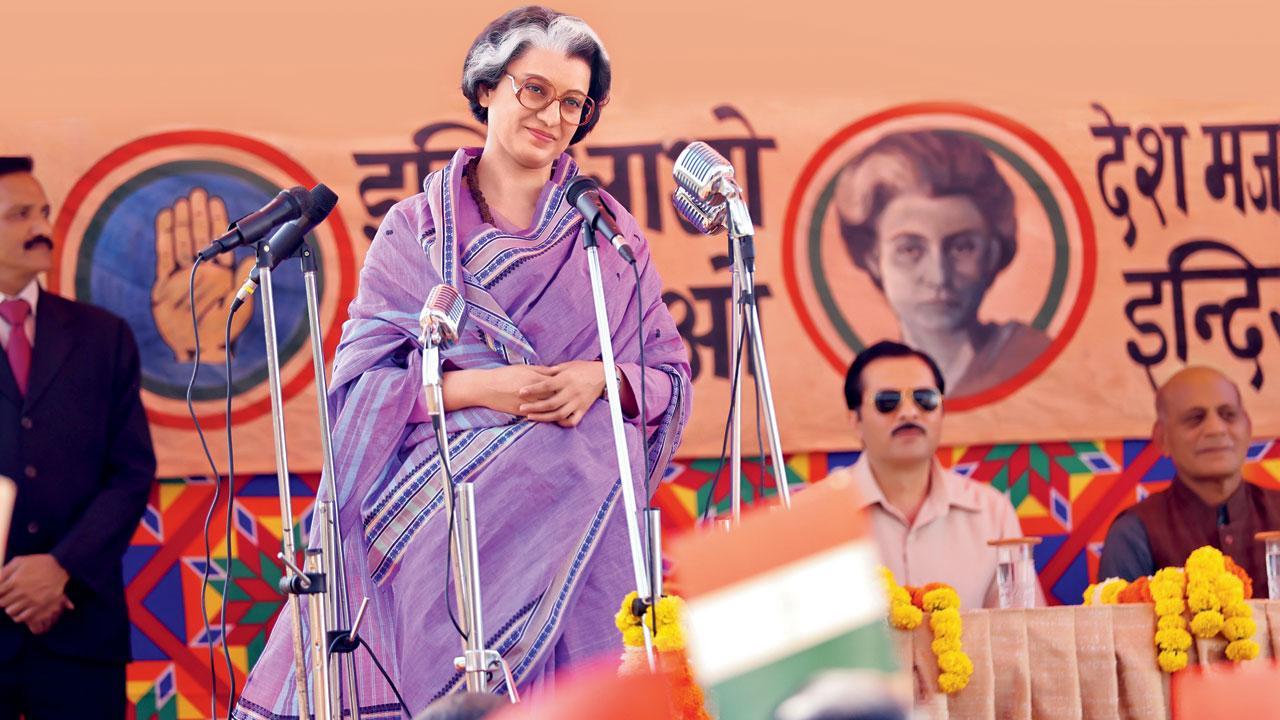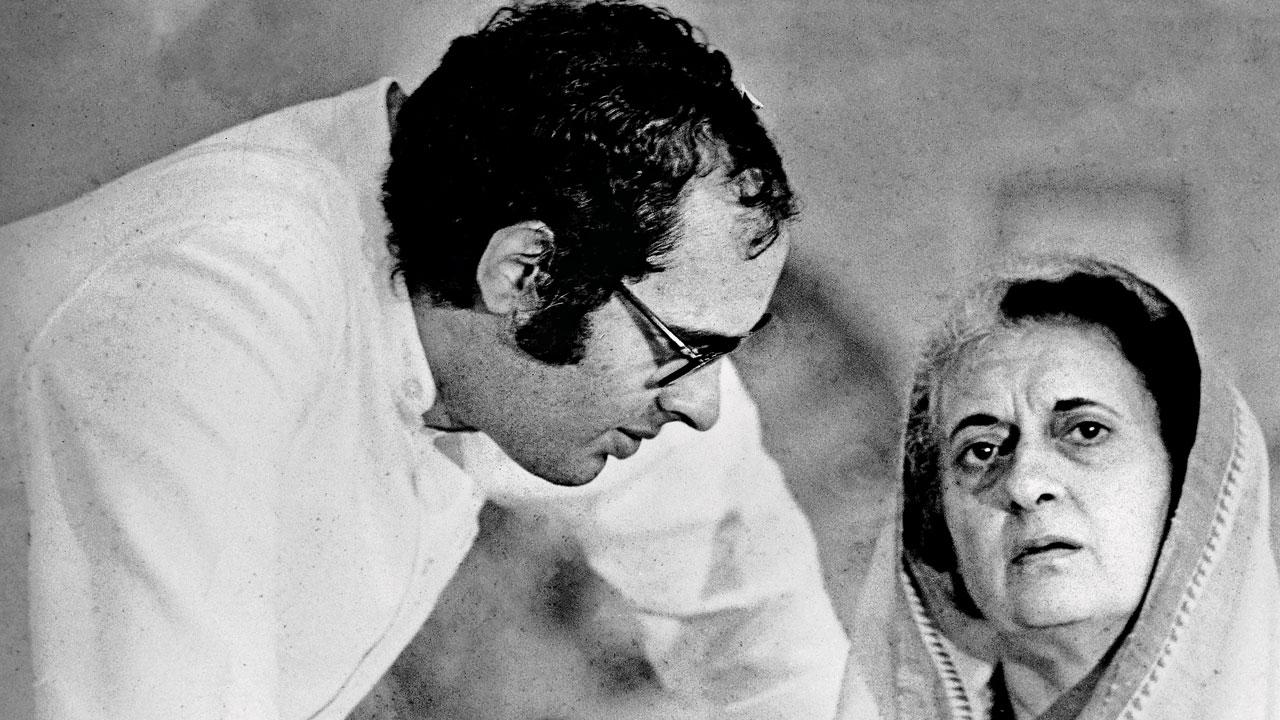Amid speculation that Kangana has projected Gandhi in a negative light in Emergency, actor discusses portraying her as a mother and someone who loved her country

Kangana Ranaut
Emergency could well be among Kangana Ranaut’s definitive films. It not only sees her wield the directorial baton after she co-directed Manikarnika: The Queen of Jhansi (2019), but also holds the potential to be her most memorable role. What made her tell the story of late Prime Minister of India, Indira Gandhi? Was it the allure of essaying one of the most formidable figures in Indian politics? Or the desire to decode the darkest chapter of Gandhi’s political career?
The actor-director says, “I didn’t begin with the intention of making a movie on it. Since I am a socially and politically-aware person, I started reading about the Emergency. Apart from Coomi Kapoor’s book [The Emergency: A Personal History], I read Mrs Gandhi’s autobiography. Her guru Jiddu Krishnamurti had told her to stop the Emergency and she told him, ‘I feel I’m riding a beast, which I loved riding initially, but now I can’t get off it.’ This gave me an insight into somebody who had a conscience. Mrs Gandhi’s life was such a beautiful Shakespearean tragedy. There is a throne, a person destined to be the queen, her opponents, and her internal battle with her conscience.”

Sanjay Gandhi with Indira Gandhi
Ranaut’s position as a Bharatiya Janta Party member has also coloured people’s perception of the biopic. Many feel that she may have projected Gandhi in a negative light. Broach this subject, and she says, “What is it like to love your country and be loved back? That thought took over my existence. It reached a point where I was sure that I’d make the film, even if I have to sell my house to do it. I’ve been judged so much that I’m fed up. This film will be a tight slap on all those faces, who think I’ve projected her in a negative way! They didn’t even give my film a chance. It’s a week away, at least watch it [before forming your judgment].”
With the biopic, Ranaut believes she has shown Gandhi’s different facets—as a woman, a mother, and a politician. “Mrs Gandhi loved her son [Sanjay Gandhi] so deeply and then lost him! As the character, it was one of the most difficult things for me to come to terms with. Her life had so much pain, trauma and drama. I was keen to make this film because people don’t know those aspects of her.”
Directing the film, she admits, was an intense job. “My revenue took a hit. As an actor, I can do three films in a year, but as a writer-director, I can only do one film in three years. Then you’re selling your own things to pay for the film. So, I will take some time before I direct again. Selling the movie was a challenge. The protagonist is in her 60s, and everybody in the movie is wearing khadi kurta pyjamas, but luckily Zee Studios stepped in.”
 Subscribe today by clicking the link and stay updated with the latest news!" Click here!
Subscribe today by clicking the link and stay updated with the latest news!" Click here!








